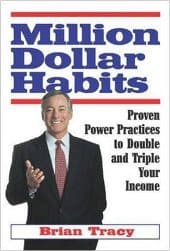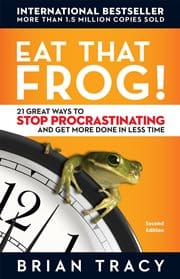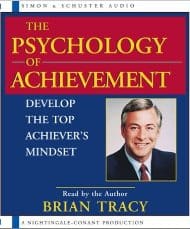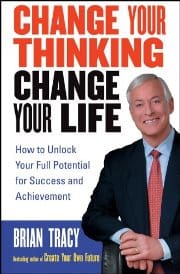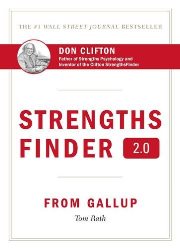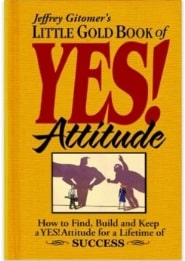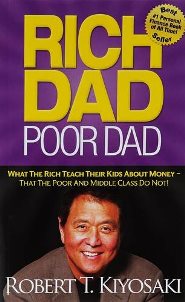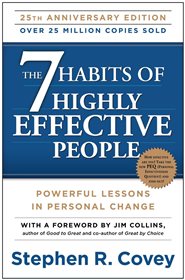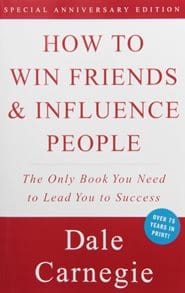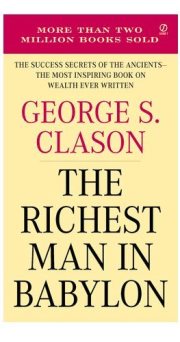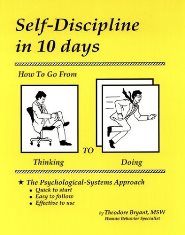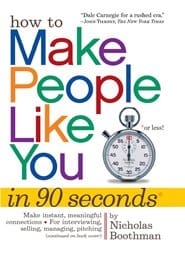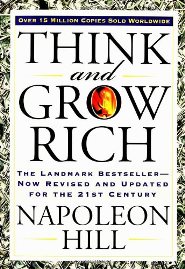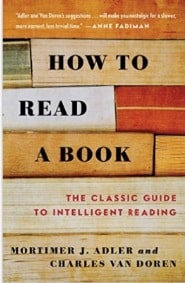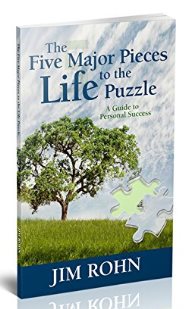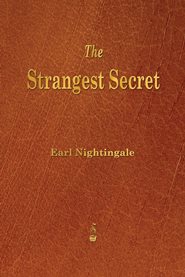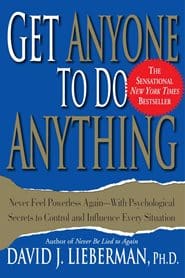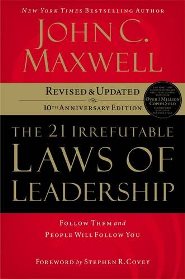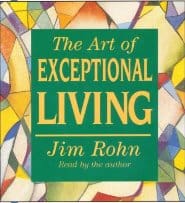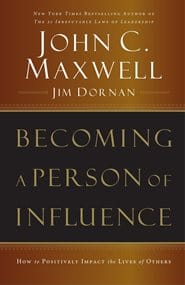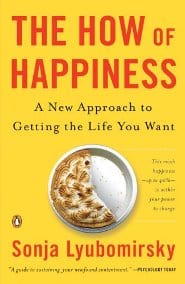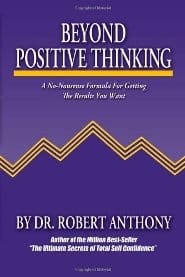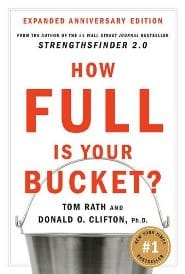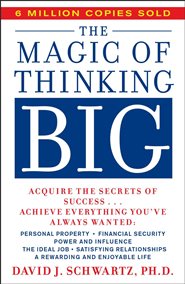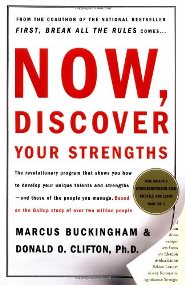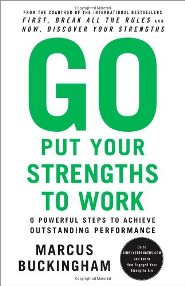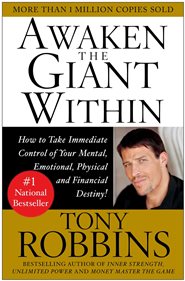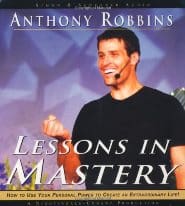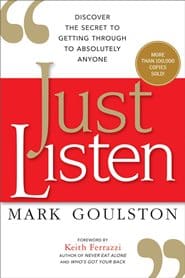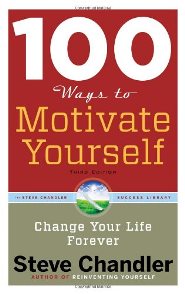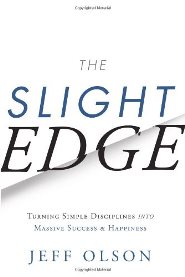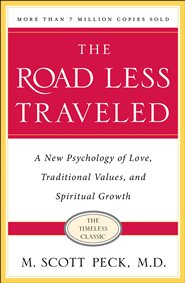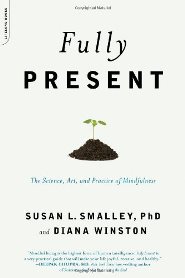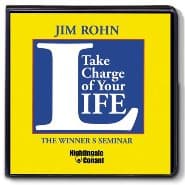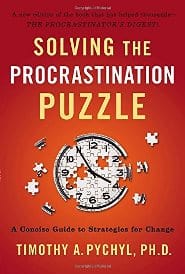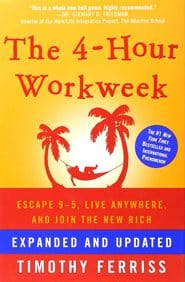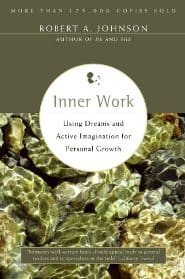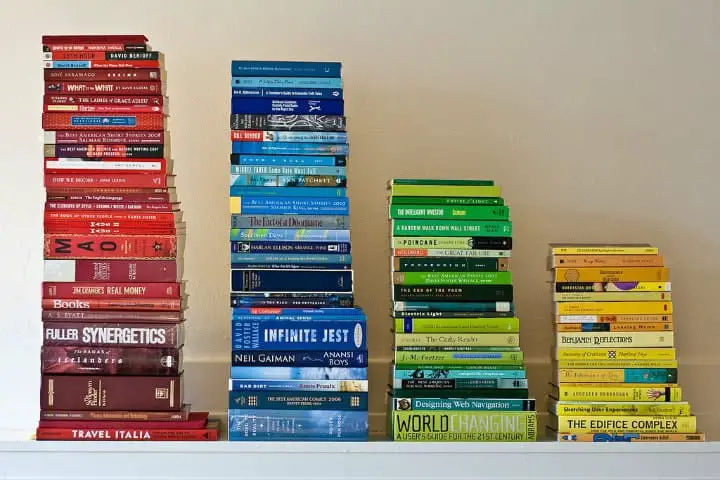
Self-help books are treasure troves of expertise and practical ideas.
These authors distill years of experience to offer you guidance. Learning from experts is a cornerstone of success. Whether you’re pursuing personal growth, business acumen, spiritual depth, or nurturing relationships, why not gain insights from those who’ve been there? Explore this curated list of standout self-help books. Committing to just 30 minutes of reading daily can pave the way for substantial personal development.
38 Best Self-help Books List:
Brian Tracy – Million Dollar Habits
If you want to discover the habits of success, that book is definitely for you. You will learn all about developing routines you can use in business and personal life. The idea is this: If you want to become successful, you have to behave like other people who are already successful in your area of expertise (of course, without losing your sense of identity). This book will enable us to do just that. Moreover, it tells you to take responsibility for your life, and stop complaining:
Brian Tracy – Eat That Frog!
An international bestseller, “Eat That Frog” is probably the best and most succinct book about time management. The basic premise of the book is that every morning, before checking your email and reading the news, you should sit down and eat a “live frog” (do your hardest, most important task). After that, there’s nothing else to stop you, and you’ll feel energized for the whole day. This simple advice is not easy to follow, but it seems to be the secret of nearly all highly successful people. This book also contains dozens of useful time management tips you can use to improve your productivity and overall performance.
Brian Tracy – Psychology of Achievement
I’ve listened to this program many times over, and it always helped me to achieve my goals faster. In this audio program, Brian Tracy propounds rules and laws you can use to achieve anything you want in life. This book is especially worth the money because it serves as a manual for successful living, and you can use it many times to elevate your mood and remember what’s important in life. It’s based on years of research, and it will surely not disappoint you.
Brian Tracy – Change your thinking, change your life
The title of the book might sound simple, but its content can change your life. By controlling your thought process, you can affect your life positively. It took me some time to realize this idea and put it into action (basically, that “you become what you think about”). If you want to reach any type of goal, you need to think about it constantly, and when dark thoughts fill your mind, you need to be able to ward them off. This kind of mind control requires lots of self-discipline, but after a while, it becomes a habit that is easy to maintain.
Brian Tracy – Goals!
If you could read only one book by Brian Tracy, I would recommend that you read this one. It’s all about goal-setting and achieving what you want in life. There are many goal-setting methods you can use to improve your life. The first step is to decide exactly what you want, and then put it down on paper. I strongly recommend you try the “10 Goals Exercise” from this book. Just write down ten things you would like to achieve within the next 12 months. Do it and watch as the magic unfolds.
Tom Rath – StrengthsFinder 2.0
Are you sure what are your strengths and how you can use them to get ahead in your career? StrengthsFinder 2.0 is practical, and it will change the way you approach work or even make you rethink your career path. As it turns out, many people don’t use their natural talents at work, which in effect leads to dissatisfaction and poor results. StrengthsFinder will help you uncover your areas of excellence and enable you to use them more often. Be sure to buy a new copy, as it contains a special code that will enable you to take the online strengths test.
Jeffrey Gitomer – Little Gold Book of YES Attitude
Your attitude plays a huge role in your day-to-day life. This book is all about building and maintaining the mindset of a winner (or the “Yes” attitude). It’s a short, but exciting read in which the author draws from many years of experience in the sales world and knowledge gathered from the classic self-help volumes.
Robert Kiyosaki – Rich Dad, Poor Dad
As one of the most popular self-help books of all time, “Rich Dad, Poor Dad” forever changed the way people look at personal finance and building wealth. From this simple, yet powerful fable, we learn about Kiyosaki’s childhood in Hawaii and his two dads (the rich one, and the poor). By contrasting their opposing philosophies, the author shows that it’s better to be rich and that if you want to retire comfortably, start working on it right now. Many people don’t like the idea of being rich (and rich people in general), but rich people get rich because they create value – the products they launch, and the jobs they build. In other words, it’s okay to be rich.
Stephen Covey – The 7 Habits of Highly Effective People
Years after its initial publication, “The 7 Habits” still tops the business and personal development bestseller lists. With more than 25 million copies sold, it’s the classic of the self-help literature. The book is all about increasing your effectiveness and productivity in business, and personal life. Some of the habits like “being proactive” or “beginning with the end in mind” are worth checking out. Besides the core principles, Steven Covey shares some personal stories that will inspire you to take action.
Dale Carnegie – How to Win Friends & Influence People
You’ve probably heard the title even if you usually don’t browse “the self-help” section. First published in 1936, Carnegie’s book still attracts millions of readers who want to learn how to get along with others. The book offers simple advice, weaved into stories about historical figures like Abraham Lincoln, as well as ordinary citizens. The basic idea of the book is that to win friends and influence people, you need to become a great listener and be interested in others.
George S. Clason – The Richest Man in Babylon
This little book is powerful, and it can change your financial life. It’s based on a biblical-like fable, but unlike most passages from “The Big Book,” it contains some sound advice. The author presents seven principles (of course) that will fill your purse with golden talents and whatnot. The formula is very simple – 10% of income goes for active investments, 10% goes for passive investment, and 10% goes for charity. It’s only about 140 pages, so you can read it in less than one day.
Theodore Bryant – Self-Discipline in 10 Days: How to Go From Thinking to Doing
We could all use a bit more self-discipline. We’re constantly at war with our tendency to procrastinate. One part of us craves instant gratification and all forms of pleasure. The other one is more ambitious and wants to achieve things that require hard work. In this book, you will learn a simple, but effective method for overcoming procrastination in ten days. It sounds a bit cheesy (and it is), but if you’re putting things off, you should give this book a try.
Nicholas Boothman – How to Make People Like You in 90 Seconds or Less
You must admit that the title seems intriguing, even if a bit far-fetched. Can you make people like you in 90 seconds? It turns out that it’s possible (if you’re not an off-putting, uncomely antisocial monster, that is). With this book, you can learn how to make a great first impression, how to establish rapport, and how to deal with people with different personalities. It’s not only for business people but also for kids and college students who want to feel more confident during social interactions.
Napoleon Hill – Think and Grow Rich
This book served as a foundation for the “self-help” industry and it’s the ultimate classic in that category. Napoleon Hill, a struggling journalist approaches Andrew Carnegie, the richest man in the world, and asks him about his secrets of wealth creation. Instead of giving him a straightforward answer, Carnegie sends him on a quest. The steel baron would open all doors for him and let him talk to the grand business magnates of the time (like Henry Ford, or Thomas Edison). After many years of interviews, Hill came up with “Think And Grow Rich” which includes “The 17 principles”. The book is a bit strange (for example, there’s a chapter about “sexual transmutation”), but still, it’s worth checking out.
Mortimer J. Adler, Charles Van Doren – How to Read A Book
The title sounds ridiculous, but the contents are worth devouring. There are many types of reading matter, and not all of them should be approached in the same manner. There are also many methods of reading which you can use to get the most out of your precious reading time. This work by Adler and Van Doren deals mainly with expository books (ones that present concepts or arguments) and will teach you how to evaluate their veracity. In the last chapter, you will also find an interesting list of some of the best books ever written.
Jim Rohn – The Five Major Pieces of the Life Puzzle
In this small volume, Jim Rohn shares timeless ideas about leading a successful life. In his usual, straightforward, yet slightly philosophical style, he tells us about the five areas of success: philosophy, attitude, activity, results, and lifestyle. The book contains many useful nuggets of wisdom that will make your success journey so much easier. For example, The formula for success – is “A few simple disciplines repeated every day”. The formula for failure – “A few errors in judgment repeated every day”.
Earl Nightingale – The Strangest Secret
“The Strangest Secret” appeared as a vinyl record at first, and then it was turned into a little book. It’s probably the most influential self-help book of all time (along with “Think And Grow Rich”). It allowed for the rapid growth of the industry and most self-help gurus treat it with reverence. Earl Nightingale was the first person to popularize the phrase “You become what you think about”. The idea has been rehashed countless times, especially in dozens of “The Secret” books. With that said, the core message is still valid and it’s good to remind yourself that “your inner world reflects your outer world”.
David J. Lieberman Ph.D. – Get Anyone to Do Anything
From this curious book, you will learn psychological tricks that will enable you to persuade or manipulate other people (or avoid being a manipulator, for that matter). Of course, the title is an overstatement, but the contents are worth looking at. It’s a book of tricks you can use in social situations. As an example, you can learn how to instantly be more attractive to others, how to stop verbal abuse, or how to get others to swiftly return your phone calls.
John C. Maxwell – 21 Irrefutable Laws of Leadership
If you’re in the leadership business (or you just want to become a role model for your family and friends), snatch this book off the shelf and read it until the break of dawn. Maxwell is a renowned expert in the area of leadership, and this book proves that he knows the subject inside out. Even the first law, “The Law of The Lid” will change the way you think about organizations and influence. The book has twenty more laws to offer, and if you apply them, you’ll dramatically increase your leadership skills.
Jim Rohn – The Art of Exceptional Living
This is one of my favorite audio programs of all time. Jim Rohn’s voice is always inspirational, and if you listen to his message, you will almost instantly see new possibilities in your life. “The Art of Exceptional Living” is worth studying because, unlike most self-help programs, it’s not only about career success, productivity, or influence. It’s more about building a life by design – a life worth living – a good life based on contribution, self-education, and a nice celebration here and there.
John C. Maxwell – Becoming a Person of Influence
Maxwell wrote this book before the advent of social media, but his basic message still holds today. And it’s this: if you want to become a person of influence, you need to care deeply about other people. You can observe this idea in practice when you watch some of the most influential leaders of today. Highly recommended.
Sonja Lyubomirsky – The How of Happiness: A New Approach to Getting the Life You Want
Along with “Happiness Advantage”, is one of the must-reads about the subject of happiness. Someone said: “If you want to be happy, study happiness”. I’ve found this advice to be true, and “The How of Happiness” is full of practical advice. It also presents many studies that show a direct correlation between certain behaviors and the overall level of well-being. You don’t have to implement all of them to feel a positive change in your life. Just pick the ones that suit your personality and lifestyle, and you’re good to go.
Robert Anthony, Joe Vitale – Beyond Positive Thinking
“Beyond Positive Thinking” is an interesting volume because, unlike most self-help books, it contains some original ideas. It’s not only that you should “think positive” even when facing adversity, but you should also search deep within your psyche to find the source of the pain in your life and try to eliminate it (a Buddha meets Jung kind of message). In the book, you will also find great ideas about how to reprogram your mind for success and avoid some of the bad thinking habits that lead to underperformance.
Tom Rath – How Full Is Your Bucket?
Before kicking the bucket, you should at least fill it up with something. The small book by Tom Rath presents a very simple philosophy of dealing with other people. When you go about your day, you imagine that you have to fill the bucket of other people with positive emotions, and then your bucket will be full as well. The message is simple, but it makes you more intentional about how you deal with other people.
Dr. David Schwartz – The Magic of Thinking Big
Depending on where you are in your life right now, “The Magic of Thinking Big” can be just another self-help book or a true revelation. It includes the basic premise permeating the whole genre, mainly: that you become what you think about. But there’s something more to this one. It had a positive impact on my life because it made me re-think the possibilities and allowed me to once again dream of sailing through the Grand Harbor of Valetta, instead of just paying my lousy bills.
Marcus Buckingham – Now, Discover Your Strengths
Most of us still concentrate on patching up our weaknesses instead of focusing on our strengths. Marcus Buckingham was the first one to point out that this approach leads to mediocre results at best. As you’ll soon find out, the world-class performers concentrate solely on their strengths and outsource or eliminate their areas of weakness. This book will help you to discover your talents and abilities. You might have taken some of them for granted, but when you finally put them to good use, you’ll be able to take your career to a whole new level.
Marcus Buckingham – Go Put Your Strengths to Work
This book offers an expansion of the ideas included in “Now, Discover Your Strengths”. Once you know the areas where you can move the needle the most, you need to apply your talents in the right way. You will see many examples from the business world, and watch how people transform their careers by using more of their strengths. There’s also a lot of information about dealing with your weaknesses, building strong teams, and acquiring strength habits that will last.
Anthony Robbins – Awaken the Giant Within
No self-help library is complete without at least one book by Tony Robbins. Many people look down on Tony’s hyped-up approach and see him as a motivational speaker. If you study his work a little bit closer, however, you will find out that he’s a sincere guy, who wants to create change for others. Some information from “Awaken The Giant Within” changed my life. I learned, for example, that one of the greatest human powers is the ability to make strong decisions – “I do it, or die” type of decisions – that will challenge you and move your life in a new direction.
Tony Robbins – Lessons in Mastery
This is another of Tony’s audio programs that will fill you with much-needed inspiration to chase your dreams. Every time you have a spare moment, you can put on your headphones, and let Tony work his magic on you. Sometimes when you have a bad day, the best thing you can do is to listen to someone who offers a different, more positive perspective on life. I’ve found that this kind of “mental diet” is crucial for maintaining high levels of performance. This audio program will help you to do just that.
Mark Goulston – Just Listen
“Just Listen” will help you to improve your communication skills. It’s not only concerned with the business world but also with romantic relationships and friendships. In a way, it’s similar to “How To Win Friends and Influence People” because it emphasizes being interested instead of trying to be interesting. It goes beyond the classic, by giving you many useful techniques you can use instantly to create more meaningful connections with others. Among other things, you will learn how to truly listen, how to make other people “feel felt” and let them “exhale” emotionally.
Steve Chandler – 100 Ways to Motivate Yourself
This is a curious title. Unlike other self-help books, it doesn’t offer you a rags-to-riches story, or any other story for that matter. It’s as plain as a vodka shot, and it’s compiled of… You guessed it… 100 Ways to Motivate Yourself. Among others, you will find “Kill your television”, “Use your brain chemicals”, “Just make everything up” or “Travel deep inside”. Reading the whole book at once is not the best idea. It’s much better to read one random tip a day to keep your belly fired with motivation.
Jeff Olsen – The Slight Edge
With an average 5/5 score on Amazon, this book became a self-help classic. The basic idea is “Kaizen” or continuous improvement. If you improve just one small thing every day, over time you’ll start to notice, that you’ve taken your game to a whole new level. The book tends to be a bit repetitive, but it’s still worth the read. It dispels the notion of “quantum leaps” of success and enables you to enjoy your day-to-day which will finally lead to great achievements.
Scott Peck – The Road Less Traveled
“The Road Less Traveled” is a unique blend of self-help and spirituality. It contains some mystical knowledge, but the truly life-transforming chapter deals with romantic relationships. It puts the love based on commitment, over the romantic love, as seen in “The Sorrows of Young Werther”. If you feel like your relationship is not as exciting as it used to be, or you’re confused about the nature of romantic relationships, please read this book. It helped me to understand many facets of love, and it gave me an interesting insight into spirituality. It contains some parts about God, but besides that, it’s a wonderful read.
Susan Smalley, Diana Winston – Fully Present: The Science, Art, and Practice of Mindfulness
If you are searching for a basic guide that will help you to lead a more mindful life, this is it. It contains some great information about breathing methods, being mindful of your daily activities, and dealing with negative emotions. For example: did you know that mindfulness helps you with identifying, naming, and extinguishing negative feelings? Normally you dwell on them and make them a part of yourself, but with the mindful approach, you can just observe as they come and go. You can “look at them” in an objective manner (which will diminish their power). Among other things, this book will show you how to do it.
Jim Rohn – Take Charge of Your Life
If you approach his teachings (and a slightly cocky accent), Jim Rohn can change your life. “Take Charge of Your Life” is an excellent audio program where “the foremost business philosopher” shares his advice on life, relationships, business, productivity, goal setting, financial independence, self-discipline, communication, and other major pieces of the life puzzle. I’ve found that the secret to these success-oriented audio programs is listening to them many times. “Repetition is the mother of the skill,” Jim says, and he’s right. After one listening you may pick up some ideas and try them out, but they will soon fade from your mental RAM. But by listening to the program five, six, or even ten times, you will instill the principles deep into your mind, and make them available to you at all times.
Timothy A. Pychyl – Solving the Procrastination Puzzle
Procrastination is the thief of time, and you can waste a third of your life on watching TV, and browsing the net, instead of doing something of value. You want to do your work, but something inside of you tells you that watching just one more puppy video on YouTube is just fine. Mr. Pychyl can help you to finally resolve the tension and let you lead a life of high productivity. Just a small note I took while reading the book: “When you want to put off a valuable task, recognize it as a way to make yourself feel good in the present (but realize that it will make you feel awful in the future). You need to stay put, and repeat the mantra – ‘I can do it now!’ Just do it now and get it over with”.
Tim Ferriss – The 4-Hour WorkWeek
I was hesitant to pick up this title at first because everyone knows that even the laziest person on Earth has to work more than four hours a week. When you look at the bestseller stats, however, you can see that thousands of readers are lured by this dream of almost no work. The title provides a high conversion rate, I’m sure, but rather than showing how to avoid unnecessary exertion, the book teaches you valuable skills that will take a lot of workload off your back. You will learn about outsourcing, using online assistants, managing your inbox, traveling like a pro, drop shipping, developing info products, and much more. By the way, if you enjoy this book, I’m sure you will appreciate Mr. Ferriss’s podcast as well.
Robert A. Johnson: Inner Work: Using Dreams and Active Imagination for Personal Growth
Processes of the conscious mind produce only a fraction of the totality of human psychological experience. The other part belongs to the unconscious. This book, written by a renowned Jungian psychologist, will teach you how to communicate with the depths of your psyche in a simple, step-by-step manner. Searching for the meaning of dreams online is for losers (although some universal symbols appear in the collective unconscious). After reading the Inner Work you will learn how to interpret your dreams in a way that’s most applicable to your unique situation. The other part of the book deals with an obscure psychological technique of active imagination. Unlike dream interpretation, it allows you to communicate with your unconscious while you’re fully aware of what’s going on. The book also contains some great information about the importance of rituals in our daily lives and the elusive nature of mystical experiences.
Conclusion
Thank you for taking the time to look through this assembly of the self-help classics. I hope you’re not inspired to read them and make your life so much better. Next up, you may want to check the list of the top self-help book publishers.
Hey there, welcome to my blog! I'm a full-time entrepreneur building two companies, a digital marketer, and a content creator with 10+ years of experience. I started RafalReyzer.com to provide you with great tools and strategies you can use to become a proficient digital marketer and achieve freedom through online creativity. My site is a one-stop shop for digital marketers, and content enthusiasts who want to be independent, earn more money, and create beautiful things. Explore my journey here, and don't forget to get in touch if you need help with digital marketing.

